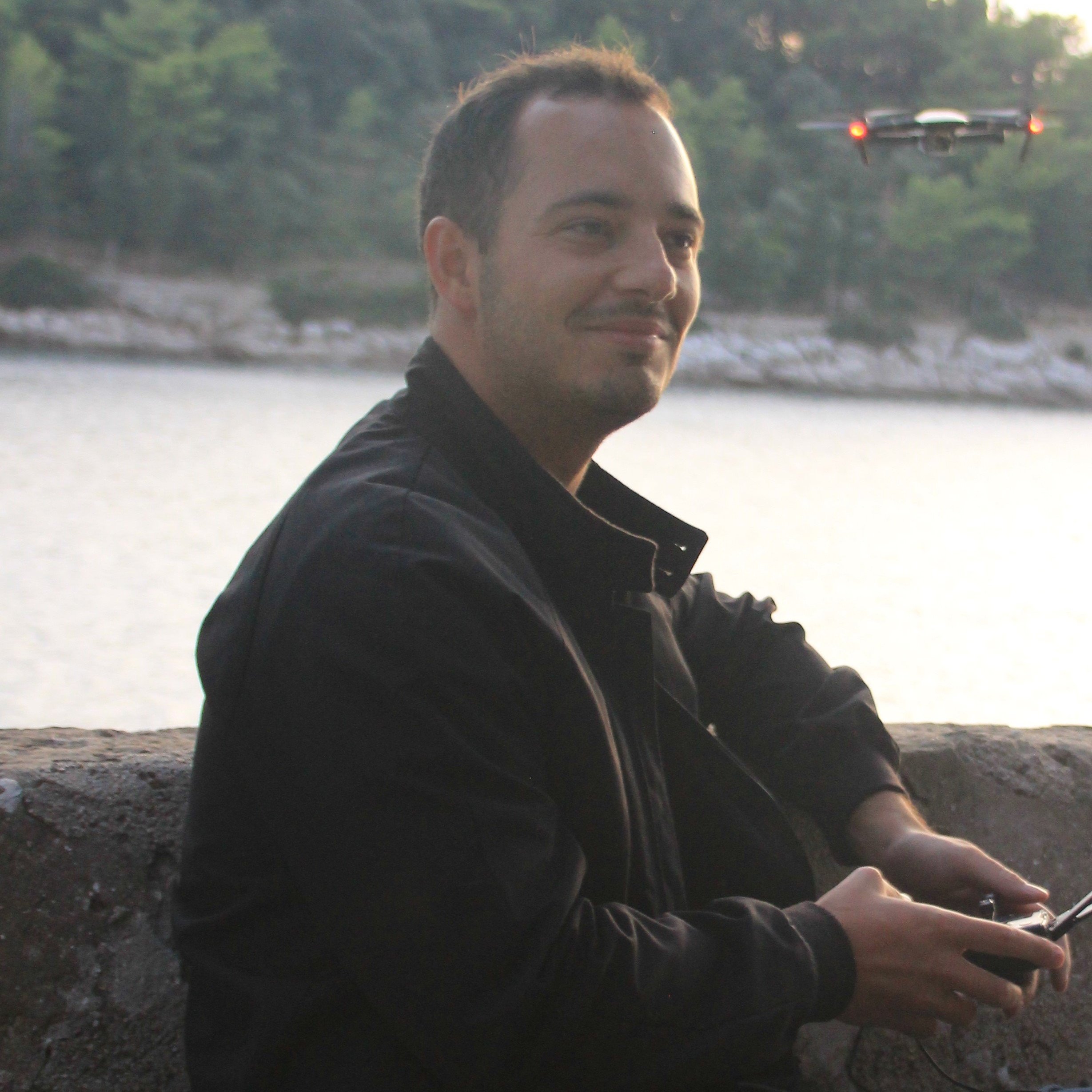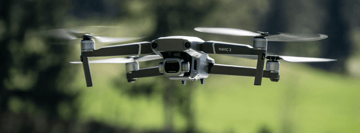Last month in Kigali, Rwanda, the inaugural African Drone Forum took place, with stakeholders from across the continent and around the world gathering to showcase the latest drone technology and discuss issues facing the industry.
The inaugural conference was a reflection of the progress, innovation and leadership the African continent has shown in recent years. Some of the most exciting and important drone applications have been developed in Africa, from Zipline’s life-saving medical deliveries in Rwanda and Ghana, to anti-poaching technology and UAV projects stopping Malaria in its tracks.
This year’s African Drone Forum had a practical slant, too. Drone companies from around the world were invited to take part in flying competitions with real-world elements. Here are some of the highlights.
African ambitions in the drone industry
One of the major takeaways was the ambition for innovation showcased by those running and attending the conference.
On the one hand, the forum became a stage for the World Bank’s 2020 African Drone Youth Scholar program. 18 young scholars and entrepreneurs from across the continent attended the Symposium and Expo as part of a wider project to encourage cross-border collaboration and inspire the next generation of industry leaders.
And on the other hand, Rwanda’s President Paul Kagame issued a rallying call for the continent, arguing that besides adopting drone technology for all sorts of applications, African countries should aim to design and manufacture UAVs as well.
“Why limit ourselves to just using drones? We can also design and manufacture drones in Africa, as demonstrated by examples at this forum. This allows the technology to be tailored to our specific needs, and to help create new industries that generate employment and prosperity,” he said.
Inspiring the next generation
An innovative touch in a conference seemingly full of them came in the form of the World Bank African Drone Youth Scholars. The scholars were a group of 21 extraordinary young individuals from across Africa selected to visit the Symposium and Expo.
These 21 were chosen from a pool of 400. They were invited to a networking dinner with the Business Challenge finalists, a meet and greet with World Bank management, took part in a business development workshop, and had a tour of the Zipline Nest.
One of the Youth Scholars, Tariroyashe Marufu, spoke on behalf of the Scholars at the closing ceremony. She said, “I’m happy to say that the ADF has opened our eyes to the cause of championing Africa’s development through the use of drones – a cause we are really honoured to be a part of. For us as young people, we have a big obligation to take back what we have learned...and let our communities know what a big impact drones can have.”
African Drone Business Challenge
The African Drone Business Challenge (ADBC) was set up in 2019 in an effort to seed the next great African drone business. 148 submissions were received and ten finalists were chosen from nine different African countries.
Before the conference got underway, all ten finalists attended a pitch workshop in which drone industry leaders helped them refine their proposals.
Following their presentations, the African Drone Business Challenge had four winners. The Grand Prize of £20,000 went to the Global Air Drone Academy to establish a permanent drone pilot academy in Nigeria. The runner-ups, receiving £10,000 each, were Jembe Kilimo and Micro Mek. The Audience Choice Award went to Alley Capital Group from Zimbabwe.
The Lake Kivu Challenge
The highlight of the African Drone Forum was the Lake Kivu Challenge, in which drone companies from around the world competed in one of three advanced flight challenges, which included an Emergency Delivery, a Sample Pickup, and a Find and Assess mission.
Each of the contests involved a 20km BVLOS flight.
Speaking at the Karongi Droneport, the operations centre for the flights, Director of Health Systems for VillageReach and LKC judge Olivier Defawe noted that the Flying Competitions had helped the competing teams collaborate and improve.
“Every single drone manufacturer and service provider has said this has been very helpful to get real-life experience and now they can go back home and they’ll know the things that have to change to adapt to those conditions,” Defawe said.
“To me, that’s been the biggest advantage. This competition allowed them to come here, to work together, to [gain] experience and come up with solutions.”
Ten finalists took part in the Lake Kivu Challenge, including Wingcopter, SenseFly, Leapr Labs, Venturi, and Avy.
The winners will be announced later this month. First place in each competition will receive just over $25,000. On top of that, any team that successfully completed a mission scenario will be prequalified to bid on a tender to the Rwandan government to deliver drone services for three months.
Drones are making a huge impact in Africa thanks to innovative solutions and forward-looking governments. That trend looks set to continue with an incoming generation of scholars and entrepreneurs determined to solve challenges with the technology. Take a look at how drones are making a difference to the US economy.





